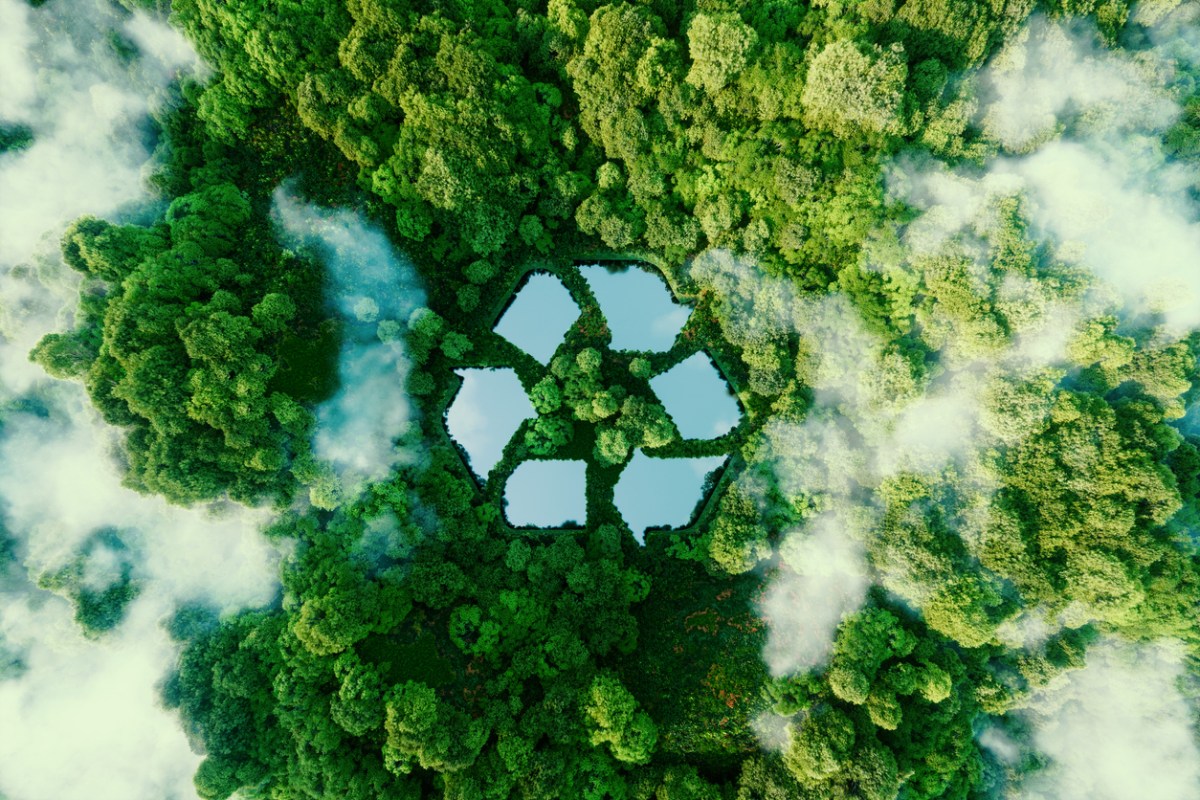As consumers demand more sustainable practices from companies, the Australian Competition and Consumer Commission (ACCC) is hot on the heels of companies that are greenwashing.
Delia Rickard, ACCC Deputy Chair, says businesses need to be ready to substantiate sustainability credentials, and they’ll take enforcement action if they can’t back-up their claims.
“Unfortunately, the ACCC is hearing growing concerns that some businesses are falsely promoting environmental or green credentials to capitalise on changing consumer preferences,” she said in a speech in Sydney.
“Broad terms like ‘environmentally friendly’, ‘green’, or ‘sustainable’ have limited value and may mislead consumers, as they rarely provide enough information about what that exactly means in terms of the product or service consumers are considering purchasing.” Delia says.
While labels are important, the ACCC recognizes the need to protect the genuine operators, making the effort and investments to reduce environmental impacts, and improve efficiency.
“Many businesses go to extraordinary lengths to make their processes, products and services more sustainable. This innovation and investment should be protected from unscrupulous behaviour of other businesses making green claims without incurring the same costs. This can have a chilling effect on investment in this space, as businesses are not able to realise the full benefits of making environmental improvements,” Delia says.
In the world of sustainable investing we know the challenges that stem from opaque definitions, and evolving norms around terminology.
Consumers face the same challenges as they attempt to assess the sustainability claims of products.
“Advertising is a powerful tool in influencing consumers’ perceptions and purchasing decisions. This is particularly the case when it comes to green claims. Greenwashing is ultimately a form of advertising. And perhaps more so than many other types of claims, green claims involve a huge element of trust as you usually can’t tell just by looking, or even using, whether or not claims are true.” Delia says.
“Information asymmetry is a key problem here. It is difficult for consumers to verify the accuracy of a green claim as consumers are always going to have less information than the business making the claims. For example, a product may be labelled as being made from recycled materials. Consumers can’t independently verify where the materials come from, or whether the business audits their suppliers, or if they do, how robust that audit is.”
Even when labeling is technically true, this must be compared with how it will be perceived by the average consumer.
“Some claims may also be technically true from a scientific perspective but are misleading when considered in the context of how the consumer is likely to use the product.” Delia says.
“The ACCC will soon be commencing an internet sweep of various environmental claims made by Australian businesses and we will release more information on this soon. However, a similar review undertaken by ICPEN, the International Consumer Protection Enforcement Network in 2020, found that 40% of environmental claims were potentially misleading and required further investigation.”
Companies, you’ve been warned.

